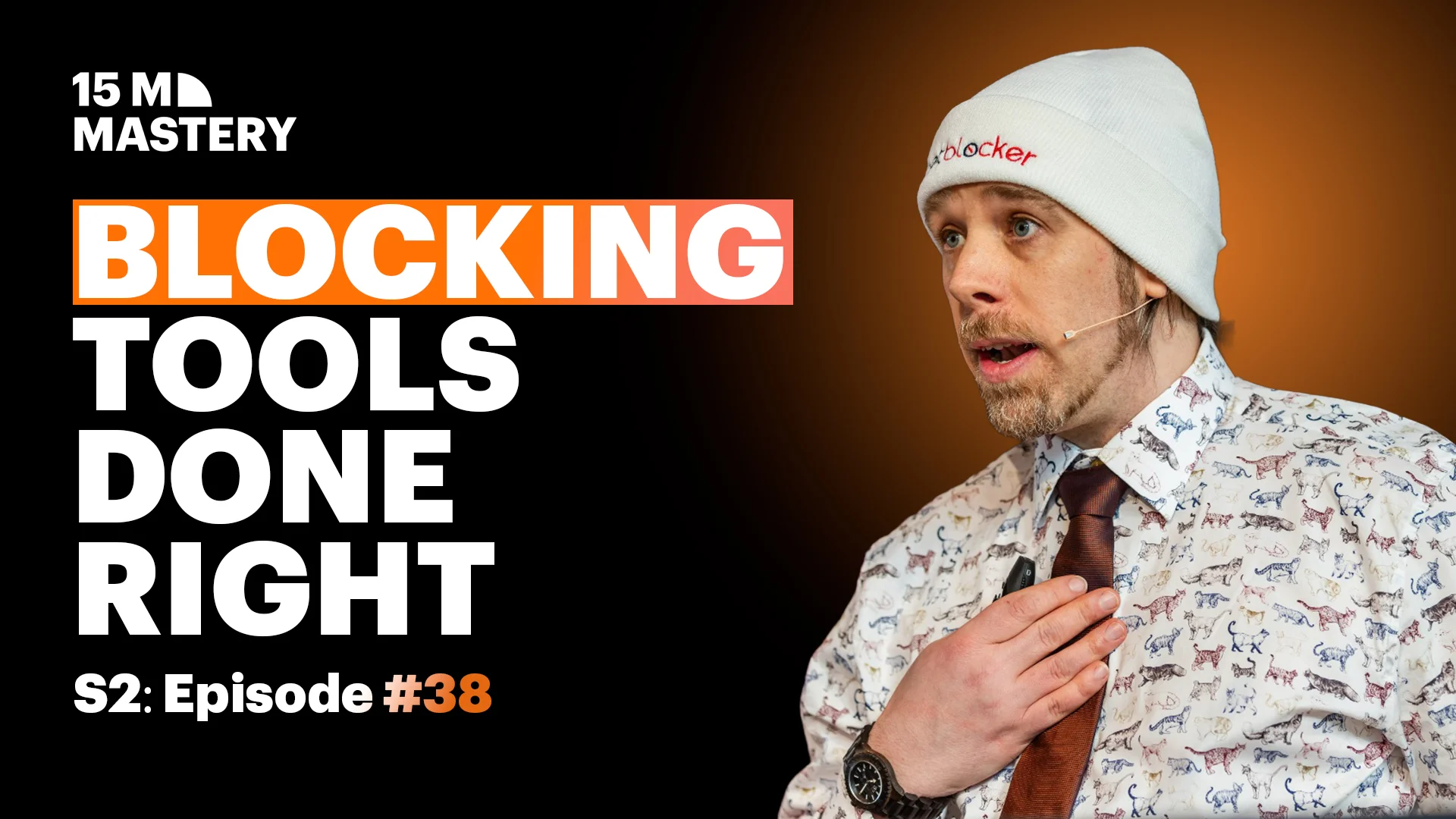Smart Dispute Resolution: Turning Complaints Into Operational Intelligence
With over 8,000 player disputes under his belt, Garvie has spent the past decade helping operators see the value hidden inside each complaint. In this 15M Mastery conversation, he and 15M CEO Dmitry Belianin unpack how smarter dispute resolution can surface operational blind spots, improve player satisfaction, and even reduce churn.
Every Complaint Tells a Story
While many think fraud cases are the most revealing, Garvie says each complaint type surfaces different issues. “Fraud cases often show gaps in document handling and anti-fraud training,” he explains. “But bonus cases? They expose whether your team understands how bonuses work, or whether they’re writing terms that damage commercial value while failing to stop abuse.”
He’s particularly vocal about poorly constructed terms: “You either write rules that don’t protect you, or you use a sledgehammer that punishes legitimate players. Both approaches hurt your business.”
The Real Resolution Bottleneck
Surprisingly, Garvie argues that the key to improving resolution times isn’t within the ADR process, it’s in how operators manage KYC before escalation.
“So many complaints reach us because the operator failed to clearly explain what they need. If you can’t explain it, the player can’t comply. It’s that simple.”
Many of these cases, he says, should never have made it to ADR. “They become preventable the moment you communicate properly.”
What Patterns Operators Should Actually Track
When it comes to process improvement, Garvie urges operators to think in patterns, not just incidents. He points to common signals:
- Complaints clustering around specific affiliates
- Traffic spikes from certain geographies with high fraud rates
- Bonuses that trigger abnormal gameplay across multiple accounts
“You need to spot when behaviour patterns coincide with promotions or come from the same region or affiliate,” he says. “That’s when you start asking whether the traffic is even genuine.”
What to Prioritise When Building an ADR Process
For teams looking to set up or formalise their dispute resolution workflows, Garvie outlines three priorities:
- In-house regulatory expertise: “At least one person must understand the rules inside out, not just be familiar.”
- Bonus mechanics literacy: “If your team doesn’t understand how bonuses work, your terms will either be ineffective or overreaching.”
- Communication training: “User support is your frontline. If they can’t explain clearly, players won’t cooperate, and you’ll lose good customers, not just bad ones.”
He also warns against underinvesting in support staff. “These teams are often the lowest paid. But you get what you pay for. And poor communication can escalate a minor issue into a formal complaint.”
Culture Matters More Than Training
Garvie explains that dispute resolution is as much about culture as it is about structure. “Some operators treat ADRs as the enemy. Others treat it as a learning partner. One approach gets better long-term results.”
He encourages teams to view the ADR as an outsourced consultancy. “You won’t win every case. But if you listen, you’ll learn how to tighten your terms, train better, and stop the same issues recurring.”
Not All Complaints Should Lead to Appeasement
Garvie draws a firm line between valid complaints and those driven by pressure tactics. “Some players are trying to create a circus to get paid to go away. You don’t want to appease that.”
But when operators make genuine mistakes, he argues that owning it can build long-term loyalty. “Few things build trust more than someone saying, ‘I got it wrong. How can I make it up to you?’”
Disputes as Business Intelligence
For Garvie, complaints are more than a burden, they’re a diagnostic tool. “Operators who treat complaints as business intelligence outperform those who treat them as a cost to minimise.”
By the end of the episode, it’s clear that dispute resolution, when handled well, can reveal more about an operator’s weaknesses, and growth opportunities, than any analytics dashboard.


